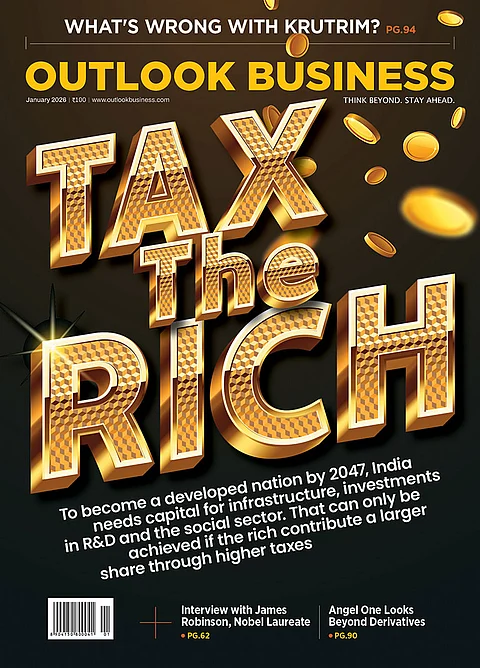Sebi’s interim order against Jane Street has sent ripples in the Indian derivatives market, but market experts suggest its impact on trading volumes could be short-lived as domestic and global players step in to fill the vacuum.
Global trading firm Jane Street, known for its sizeable exposure in the index options segment, has been barred from accessing India’s securities market following Sebi’s probe into unlawful trading activity. With this, the sudden absence of one of the largest players in the options market has raised concerns over near-term liquidity.
Analysts at Jefferies noted that given Jane Street’s sizeable share in daily derivatives turnover, its absence could weigh on overall volumes in the near term.
Navy Vijay Ramavat, Managing Director at Indira Group, echoed a similar sentiment, pointing out that large players like Jane Street contribute significantly to trading activity. SEBI’s clampdown, he said, could temporarily dampen liquidity in index options.
However, Ramavat added that the move might ultimately benefit smaller traders by making the market cleaner and safer. “If fewer participants try to manipulate expiry prices, volatility could settle. Natural market swings would take over from artificial ones. So while activity may seem subdued for a while, overall fairness and trader confidence should improve over time,” he said.
Meanwhile, Jefferies observed that despite Friday’s options premium turnover being slightly below the two-month Friday average, it still registered a week-on-week uptick, indicating that the market may already be adjusting to the disruption.
Dinesh Thakkar, Chairman and MD of Angel One, also struck a similar chord. “Retail participation in equity derivatives has surged from just 2% in 2018 to over 40% in 2025,” he stated. “This influx fuels liquidity, volatility, and, with it, opportunity. Proprietary trading desks thrive in such environments.”
Meanwhile, taking on a broader perspective, Jefferies believes that the market watchdog’s actions on Jane Street underlines its increasing focus on market governance and accountability. Given that, Jefferies also pointed out that while foreign proprietary investors (FPIs) account for only 3–4% of BSE’s turnover, brokerages like Nuvama, which service domestic institutional and active traders, could see a pick-up in trading volumes. They added that the coming week’s activity will offer a clearer view on market adjustment.
In addition, Thakkar offered another positive lens on the matter, adding that India’s market momentum is structural rather than cyclical. With political stability, favourable demographics, strong domestic consumption, and low inflation, the macro backdrop remains conducive to robust capital flows and active participation, he said. “Our capital markets are not dependent on any single firm. When one exits, others step in and often, very fast,” he added.
Supporting his claim, Thakkar further highlighted that global trading firms like Citadel Securities, IMC Trading, Optiver, Jump Trading, and Millennium have already begun expanding operations in India, ramping up hiring and infrastructure in anticipation of long-term growth. Thakkar thus believes Sebi’s clampdown will only enhance transparency and compliance, strengthening the overall integrity of the market.
Both Jefferies and Angel One maintain that while Jane Street’s departure may temporarily dent market turnover, India’s deepening retail and institutional participation, alongside regulatory tightening, will help stabilise volumes in the near term.




























